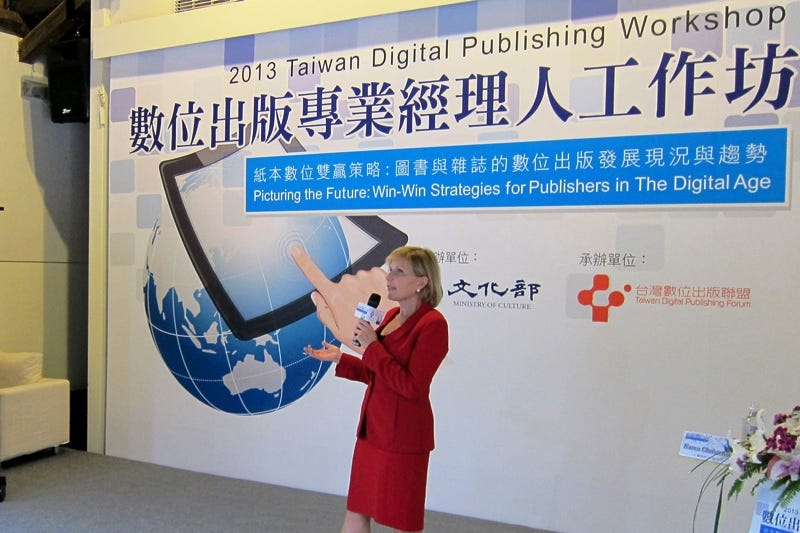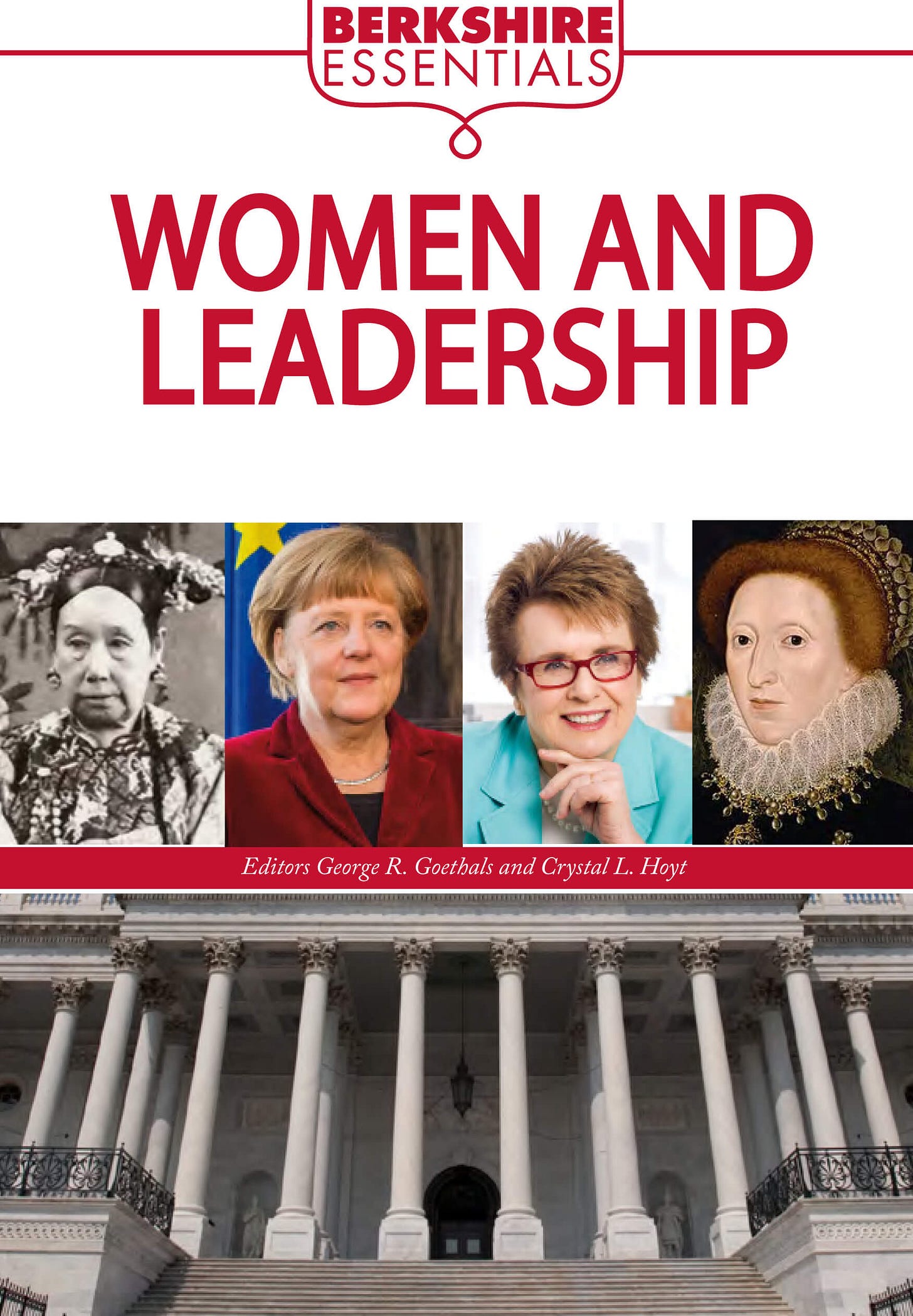Officially: Woman Owned Small Business
It's called "preferential procurement" and I'm now all in favor ;-)
Tangling with US.gov websites is enough to make me cry, but I persevered and my company, Berkshire Publishing Group, has at last been certified as an Economically Disadvantaged1 Woman Owned Small Business (EDWOSB).
The timing is interesting because there’s been so much debate about affirmative action and promoting diversity in higher education, especially after the US Supreme Court ruling in June.2
The EDWOSB designation is intended as a kind of affirmative action, and I have not the slightest hesitation about it. Not so much because I’m a woman, but because I run a small business and especially because I own and run a small press.
Being a small publisher often feels like sitting on the sidelines at a ballgame. No one’s going to give you a shot at the goal.
You might think that the transition to digital publishing would have leveled the field. The tech guys love to talk about something called the “long tail.” Self-published books and newsletters like this one are now accessible to pretty much anyone.

But the book trade is dominated by a handful of companies. Technology and corporate control (Amazon as well as the big distributors and aggregators) have created systemic obstacles to reaching the customers that have mattered most to us: schools, colleges, and public libraries.
Schools and libraries can order efficiently through one or two wholesalers, rather than place separate orders with different publishers. Technology was supposed to reduce the middlemen in business, with easier direct-to-consumer selling. But that’s not what happened. Instead of lots of individual people working as sales reps, visiting bookstores and libraries, there are a few big companies controlling the relationships and taking big (and bigger) percentages for themselves. Many libraries outsource even book selection to those distributors, who don’t want to bother with small presses.
This applies to government, too. “Shut Out: The Dearth of Opportunity for Minority Contracting.” The system is designed for big companies and big deals - even though it’s completely possible to design for diversity, to design a process that is understandable and flexible for both applicants and bureaucrats.
But that’s not how government works. Instead, they’ve added another layer to the system, with “set-asides” and percentage requirements. It’s frustrating, but I’m a realist. I made sure there was bourbon in the house when I had to face another round with the SBA websites. At last I got a “preliminary approval” letter (downloading it took 5 minutes) and this week I received the final approval (another 5 minutes).
One reason for the WOSB program in the US is that the government has massive economic clout. But government contracting is difficult and expensive to get into, and as a result it's big businesses that benefit from government spending. Smaller businesses run by women are statistically underrepresented by a margin of at least 4 to 1.
Now that I’m certified, I get to deal with the local and regional government people who are paid to help me develop my business. I’m fairly sure they won’t understand a company with intangible assets. They’re used to retail and manufacturing and service businesses and will want to help me with loan for a new plant or computer system. I suspect I’ll be figuring this out on my own.
In any case, it’s a whole new ballgame, and got me wondering about preferential procurement in general. I found that in Massachusetts, our home state, companies can be certified as Massachusetts Minority Business Enterprises, Women Business Enterprises, Veteran Business Enterprises (support for veterans is fairly common in the US), and Portuguese Business Enterprises (yes, special consideration for Portuguese businesses!).
California, however, has different rules: “Why does this program not include Minority-owned, Women-owned or other Diverse and Economically Disadvantaged businesses? The University of California is required to comply with California law and Public Contracting Code. Article I, Section 31, prohibits the University from discriminating or granting preferential treatment on the “basis of race, sex, color, ethnicity, or national origin in the operation of public employment, public education, or public contracting." . . . Certifications that include small business or disabled veteran business enterprise criteria may qualify under this program. For example, the Women’s Business Enterprise National Council (WBENC) – Women Owned Small Business (WOSB) certification does meet the requirements of this program. Other examples include Disadvantaged Business Enterprise (DBE) and Service-Disabled Veteran-Owned Small Business (SDVOSB) certifications.”
The EU is similar: "Reservations in public procurement do not explicitly relate to women-owned or women-managed businesses." There is support for "disadvantaged workers" and "organisations that have a public service mission."
But in Latin America, there are several countries with programs encouraging women in business." "Sello Empresa Mujer" procurement initiatives exist in Argentina, Chile, and Honduras. Read more.
Our Women & Leadership has a chapter on women in business that covers the history of legislation. It wasn’t until 1975 that the Equal Credit Opportunity Act permitted women to acquire loans and credit in our own names!
I’d love to know what you think. And here’s a proposal I found interesting, in another Substack newsletter:
Meanwhile, it’s summer in the beautiful Berkshires. My mother was here for 2 weeks and got to visit Cape Cod for the first time. We’ve now had several days of very cool weather, which have brought the roses back into bloom.
"Economically disadvantaged" means that each woman owner (only me, in this case) has personal assets of less than $6.5 million. Not a tough call!








